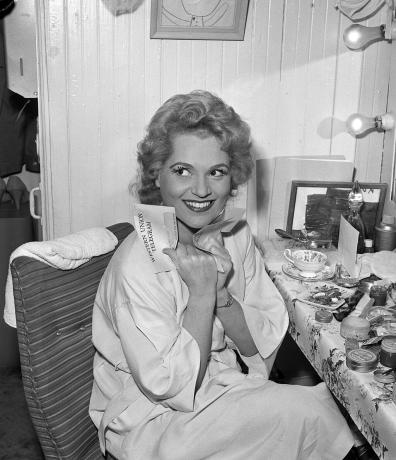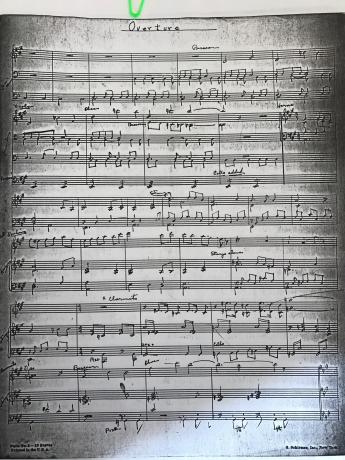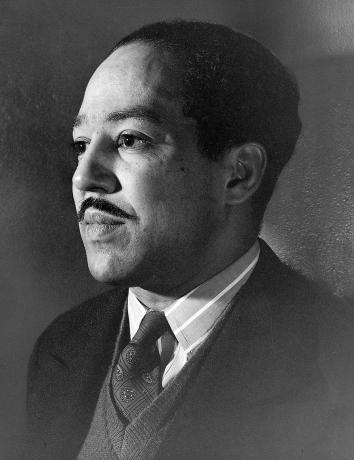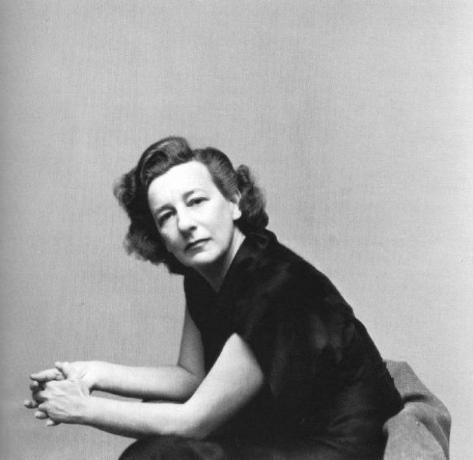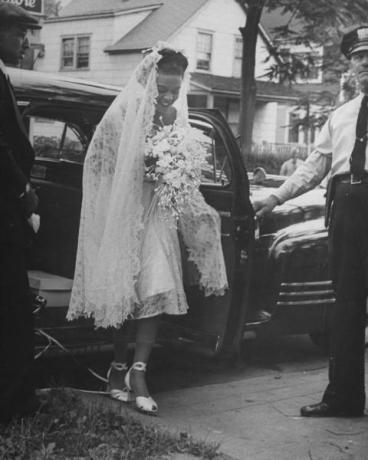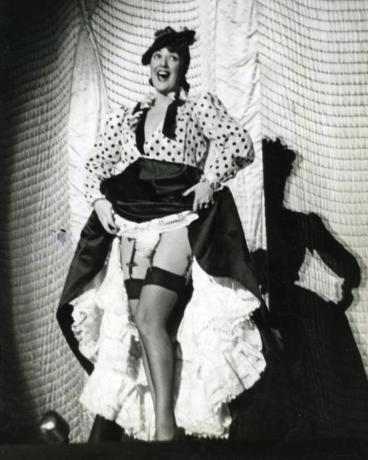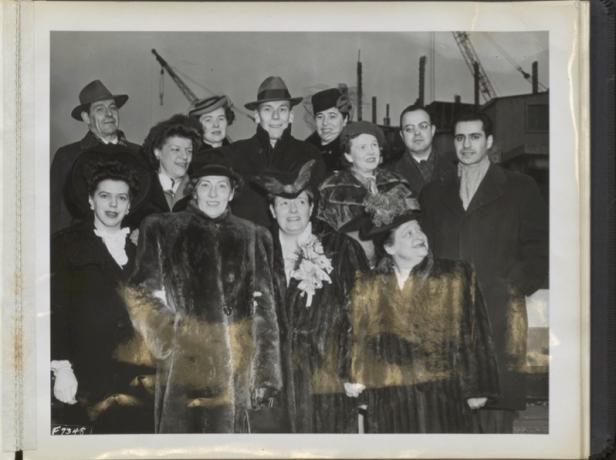Judy Holliday and the Blacklisters
Judy Holliday was brilliant. She was a smart and funny, a member of a Village improv group called the Revuers. She was committed to a wide range of political causes, including serving on the radical Voice of Freedom Committee along with Dorothy Parker and Paul Robeson, and supporting the Civil Rights Congress.
